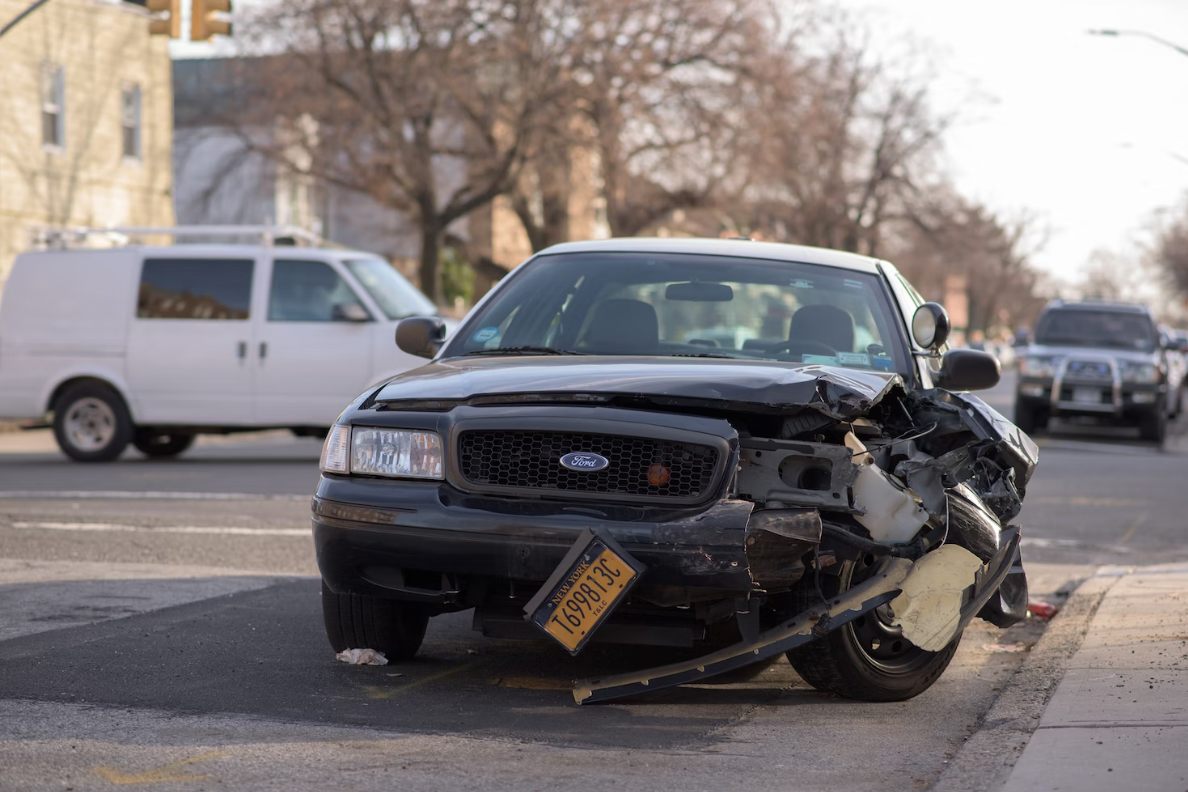
No one likes to think about the possibility of being involved in a life-altering accident, but it’s important to plan ahead so you can be prepared in the event that something does happen. In this blog post, we’ll discuss a few steps you can take to protect yourself and your family in case of an accident.
Create an Emergency Fund
The first step is to create an emergency fund for unexpected medical costs or other expenses related to an accident. Having money saved up will help ensure that you have the resources available to pay for medical care, legal fees, and other costs associated with the accident. It’s recommended that you have at least three months of living expenses saved up in case of emergency. Make sure you also have enough money available to cover any deductibles on your health insurance plan. If you don’t have enough savings to cover these costs, consider setting up an automatic withdrawal from your checking account each month into a savings account dedicated just for this purpose. That way, you won’t forget or overlook it when emergencies arise.
Discuss Estate Planning
If you haven’t already done so, sit down with a trusted attorney and discuss estate planning options if something were to happen to you or another family member due to an accident. This includes creating wills and trusts as well as establishing powers of attorney and guardianship plans if necessary. You should also make sure all important documents—such as birth certificates, social security cards, marriage licenses, etc.—are stored safely somewhere accessible for easy retrieval in case they are needed during an emergency situation. Depending on the accident, you may also want to consult a lawyer that specializes in specific accidents like a car accident lawyer.
Review Insurance Coverage
Reviewing your insurance coverage is key; make sure all policies are up-to-date and that they provide adequate protection should something unfortunate occur. This includes not only health insurance but also auto, home owner’s/renter’s insurance, disability insurance (for yourself as well as any dependents), life insurance (again both for yourself as well as any dependents), etc. Make sure these policies continue after death if applicable; it is also important to make sure beneficiaries are correctly named on these policies so that funds will be properly dispersed upon death according to your wishes.
Preparing for the possibility of life-altering accidents before they happen can save time and money during what could otherwise be a difficult time for both you and your family members. By taking steps such as creating an emergency fund, discussing estate planning options with a trusted attorney, and reviewing all your insurance coverage before tragedy strikes, you can rest assured knowing that everything has been taken care of ahead of time should something unfortunate occur due to a life-altering accident. With careful preparation now, you can focus on healing later rather than worrying about finances or legal matters should tragedy strike unexpectedly.


